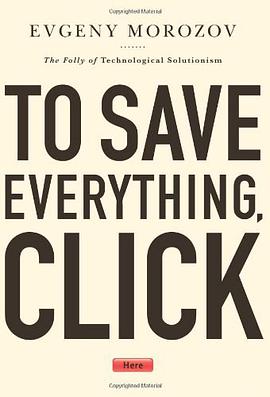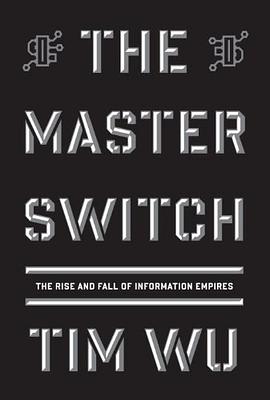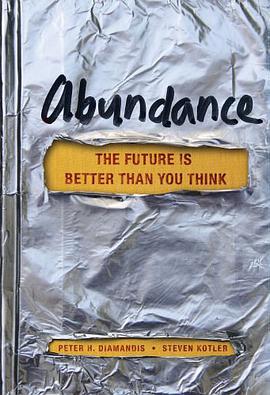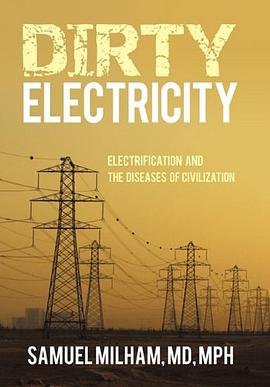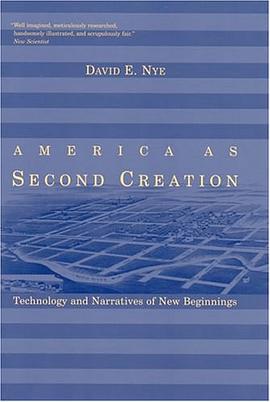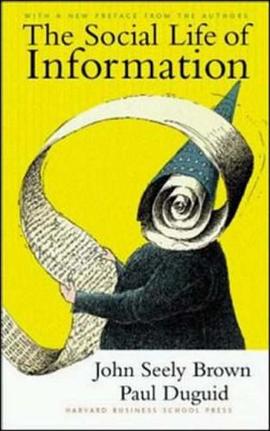Europe 豆瓣
作者:
Zygmunt Bauman
Polity Press
2004
- 10
More than ever before, our conflict-ridden, drifting planet needs the qualities that Europe, unique among the continents, has developed in more than two millennia of history: its self-criticism, its urge to self-transcendence, exploration and experiment, its conviction that alternative and better forms of human togetherness can be achieved, as well as its dedication to the cause of seeking and promoting this improvement in practice. But today Europe is unsure of itself and its place in a fast-changing world; it is devoid of vision, limited in resources and lacking the will to pursue its vocation. It is also struggling with the consequences of a one-sided process of globalization which is divorcing power from politics, inciting the shift from the social state to security-focused governance and piling up the casualties of uncontrolled market expansion and the ethically blind commercialization of human life.
Bauman argues that despite the odds Europe still has much to offer in dealing with the great challenges that face us in the twenty-first century. Through sharing its own hard-won historical lessons, Europe can play a vital role in moving from the Hobbesian-like world in which we find ourselves today towards the kind of peaceful unification of humanity that was once envisioned by Kant.
Bauman argues that despite the odds Europe still has much to offer in dealing with the great challenges that face us in the twenty-first century. Through sharing its own hard-won historical lessons, Europe can play a vital role in moving from the Hobbesian-like world in which we find ourselves today towards the kind of peaceful unification of humanity that was once envisioned by Kant.


